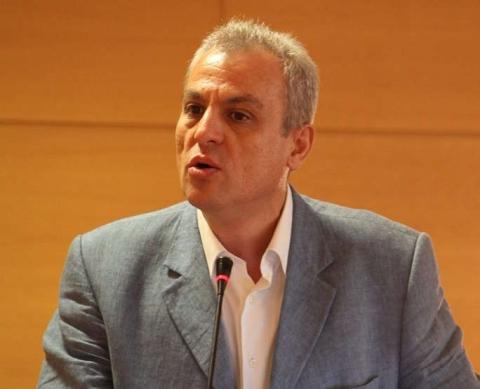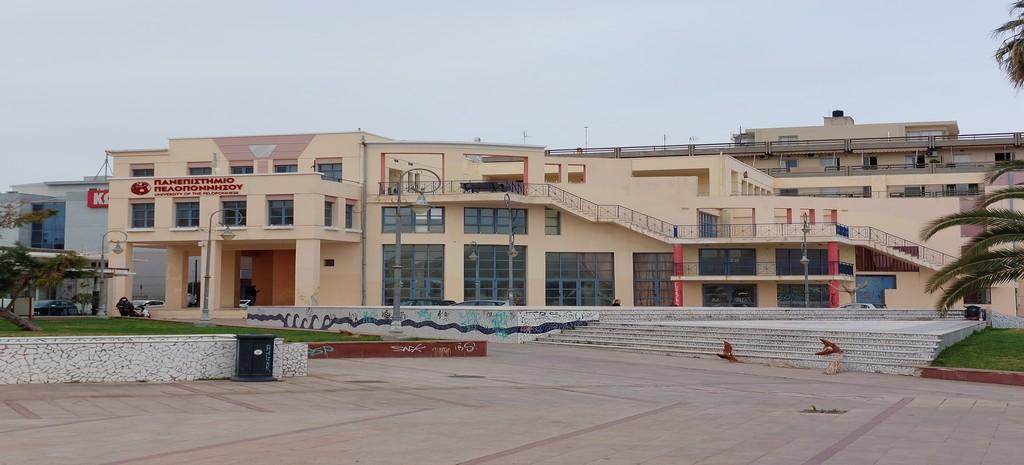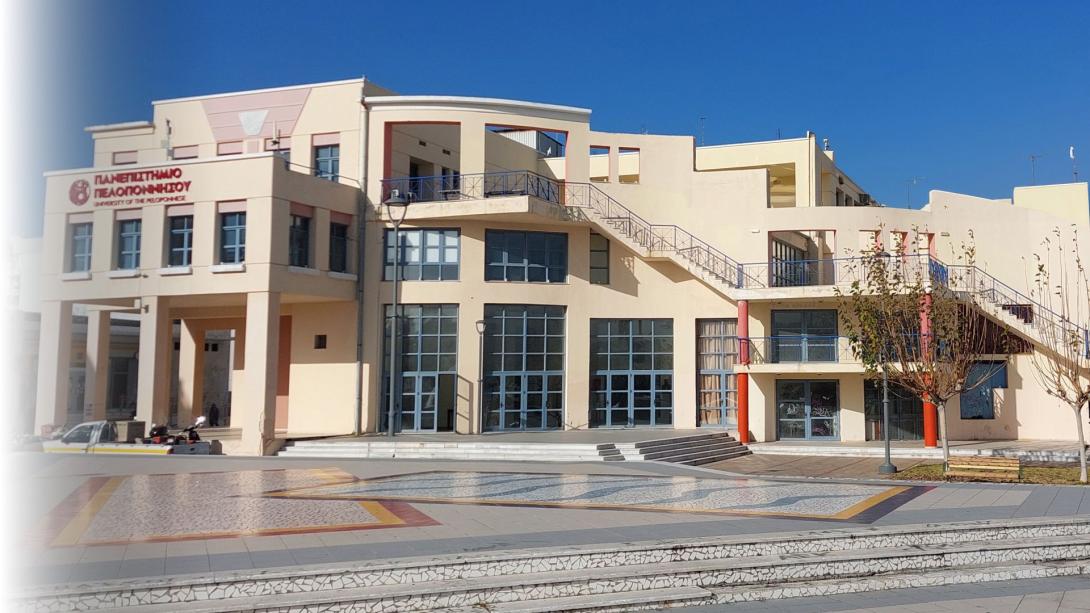
Τμήμα Κοινωνικής και Εκπαιδευτικής Πολιτικής

Καλωσόρισμα του Προέδρου
Αγαπητές φοιτήτριες, αγαπητοί φοιτητές,
Εκ μέρους του διδακτικού προσωπικού και του διοικητικού προσωπικού, σας καλωσορίζω στο Τμήμα Κοινωνικής και Εκπαιδευτικής Πολιτικής και στο Πανεπιστήμιο Πελοποννήσου. Έχοντας κλείσει 20 χρόνια λειτουργίας, το Τμήμα μας κατατάσσεται μεταξύ των κορυφαίων τμημάτων του Πανεπιστημίου Πελοποννήσου σε ό,τι αφορά την ποιότητα της παρεχόμενης εκπαίδευσης και της ερευνητικής δραστηριότητας.
Η κοινή αποστολή των θεσμοθετημένων κατευθύνσεων της Κοινωνικής Πολιτικής και της Εκπαιδευτικής Πολιτικής, η διεπιστημονικότητα και η σύζευξη μεταξύ θεωρίας-επιστημονικής έρευνας-πρακτικής εφαρμογής προσδιορίζουν την ακαδημαϊκή φυσιογνωμία του Τμήματός μας. Τα στοιχεία αυτά χαρακτηρίζουν όλα τα προσφερόμενα προγράμματα: το Προπτυχιακό Πρόγραμμα Σπουδών, τα πέντε σύγχρονα Προγράμματα Μεταπτυχιακών Σπουδών και το Πρόγραμμα Παιδαγωγικής Επάρκειας.
Το Τμήμα Κοινωνικής και Εκπαιδευτικής Πολιτικής διακρίνεται για την πολυδιάστατη ερευνητική δραστηριότητα των μελών του και την έντονη εξωστρέφειά του, που πιστοποιούνται από την υλοποίηση σημαντικών Ευρωπαϊκών και Εθνικών ερευνητικών-αναπτυξιακών έργων, τις συνεργασίες με Πανεπιστήμια του εξωτερικού, καθώς και την σύνδεση με την τοπική κοινωνία και την ευρύτερη περιφέρεια της Πελοποννήσου.
Οι συστηματικές προσπάθειες των καθηγητών και των διδασκόντων του Τμήματος επικεντρώνονται στη συνεχή βελτίωση της ποιότητας του εκπαιδευτικού έργου και στη σύνδεση της διδασκαλίας με την έρευνα, με απώτερο σκοπό την ουσιαστική ενίσχυση των μαθησιακών επιτευγμάτων των φοιτητών/τριών μας. Κύριος σκοπός μας είναι οι φοιτητές/τριες να αναπτύξουν στέρεο επιστημονικό υπόβαθρο και να αποκτήσουν τις ικανότητες και τα εφόδια που απαιτούνται, προκειμένου να επιτύχουν τους στόχους τους ως επιστήμονες, ως μελλοντικοί επαγγελματίες, ως κριτικά σκεπτόμενοι και ενεργοί πολίτες στην κοινωνία του 21ου αιώνα.
Υποδεχόμαστε με μεγάλη χαρά τους πρωτοετείς φοιτητές και τις φοιτήτριες που επιλέξατε να σπουδάσετε στο Τμήμα μας. Σας συγχαίρουμε θερμά για την επιτυχία σας με την υπόμνηση ότι το ταξίδι της μάθησης είναι μεν επίπονο αλλά, εν τέλει, γοητευτικό γιατί θα σας ανταμείψει με σημαντικές εμπειρίες, επιτυχίες και χαρές. Ξέρουμε ότι ξεκινάτε την ακαδημαϊκή σας ζωή με όρεξη, προσδοκίες και πολλά όνειρα. Σας ευχόμαστε τα επόμενα τέσσερα χρόνια της φοίτησής σας να είναι μία δημιουργική περιπέτεια μάθησης για όλες και όλους.
Ο Πρόεδρος του Τμήματος
Καθηγητής Αθανάσιος Τζιμογιάννης

















